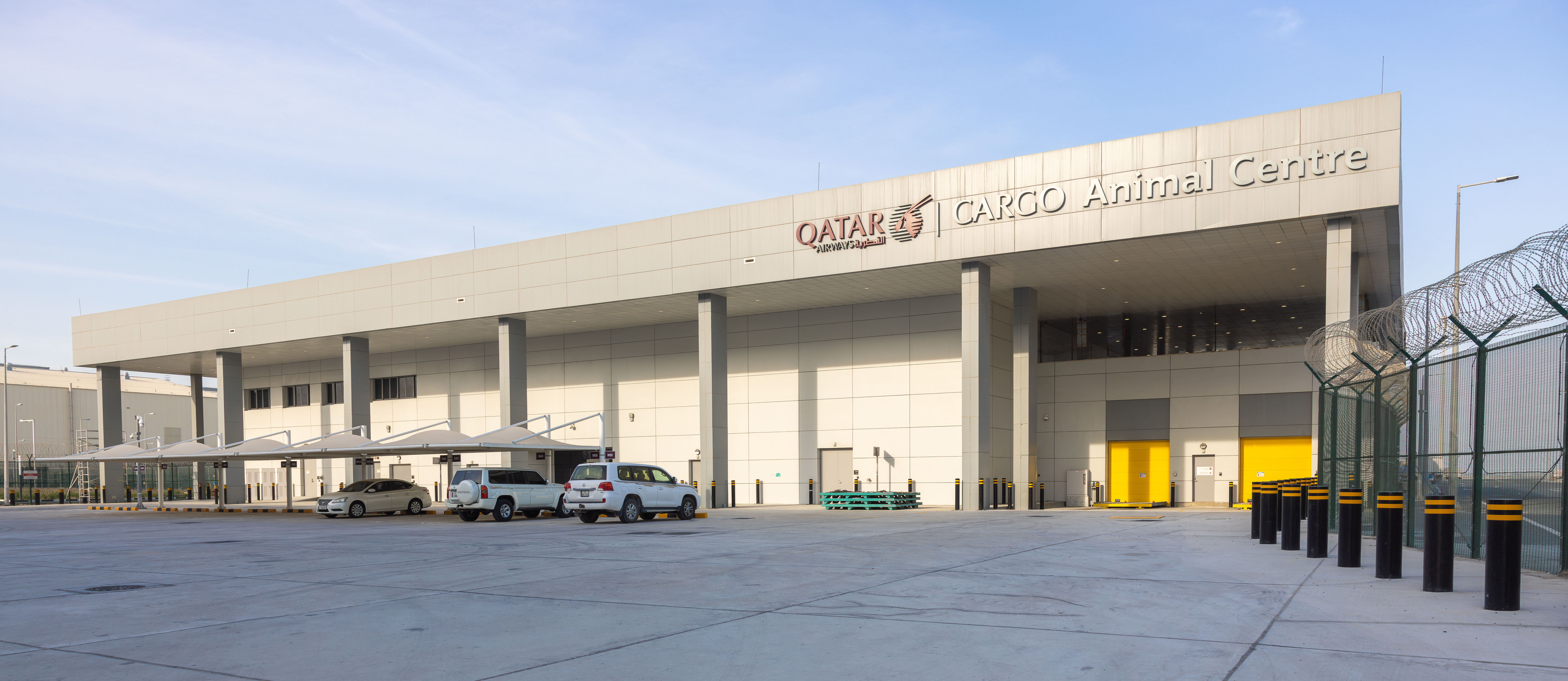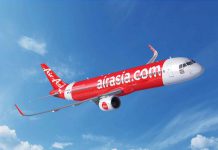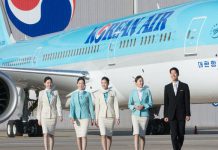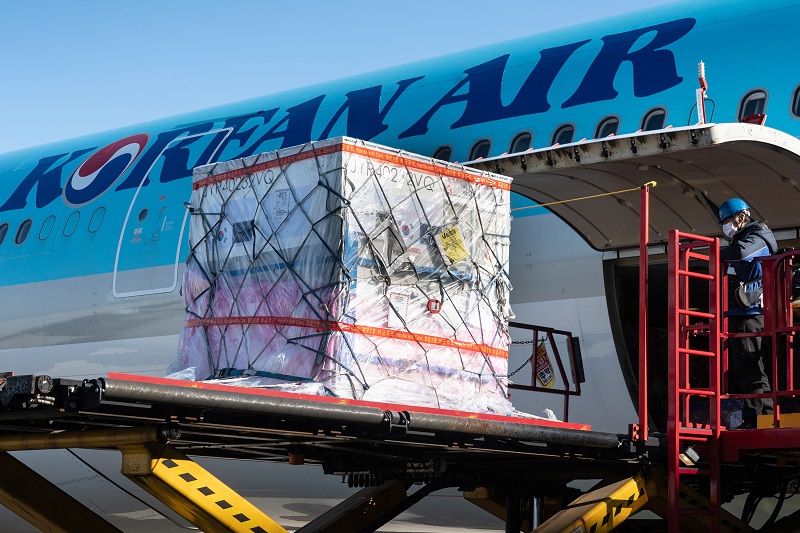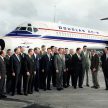Signs of recovery continue at Korean Air as a surge in cargo revenue helped reduce the airline’s first-quarter net loss to $US25 million from a mammoth $US610 million for the same period last year.
The first quarter of 2021 delivered the Korean carrier its fourth consecutive quarter of operating profit, $US110 million, as it benefited from efforts to boost cargo operations and cut costs.
This was despite a 24 percent fall in year-on-year revenue, to $US1.544 billion, stemming from the fall in passenger demand experienced by airlines globally due to COVID.
READ: Virgin Australia scales back short-haul international flying
The airline has been fully utilizing its 23 freighters, operating cargo-only passenger flights and converting passenger jets into freighters as it attempted to offset the COVID-spawned fall in passenger numbers.
This resulted in first-quarter cargo sales that were more than double the same period last year at almost $US1.2 billion.
The airline predicted cargo demand would increase as vaccinations progressed and expectations of a global recovery grew.
“The cargo business in the second quarter is expected to be positive due to a lack of belly cargo supply of passenger flights, a recovery of global trade, and increased shipping and logistics demand,’’ it said in its results announcement Friday.
“Korean Air plans to promote its cargo business now using its network, operations and experience rather than later this year when more airlines jump into the cargo business and shipping disruption improves.”
It was less bullish about its passenger business, saying it would operate its network flexibly “considering factors and trends that affect the recovery of international passenger demand, including immigration restrictions of main routes and vaccination rates”.
It would also closely monitor and react to changes in the aviation environment such as vaccine passports or travel bubbles, it said.
The airline has bolstered its balance sheet through the sale of its inflight catering and duty-free businesses and also by raising an additional KRW 3.3 trillion ($US2.9 billion) in new stock.
“As a result, the airline’s financial stability has rapidly improved, which decreased its debt ratio from 340 percent to 294 percent at the end of last year,’’ it said.
“Korean Air will continue its effort to expand its capital and improve its financial structure through the sale of non-core assets this year.”


